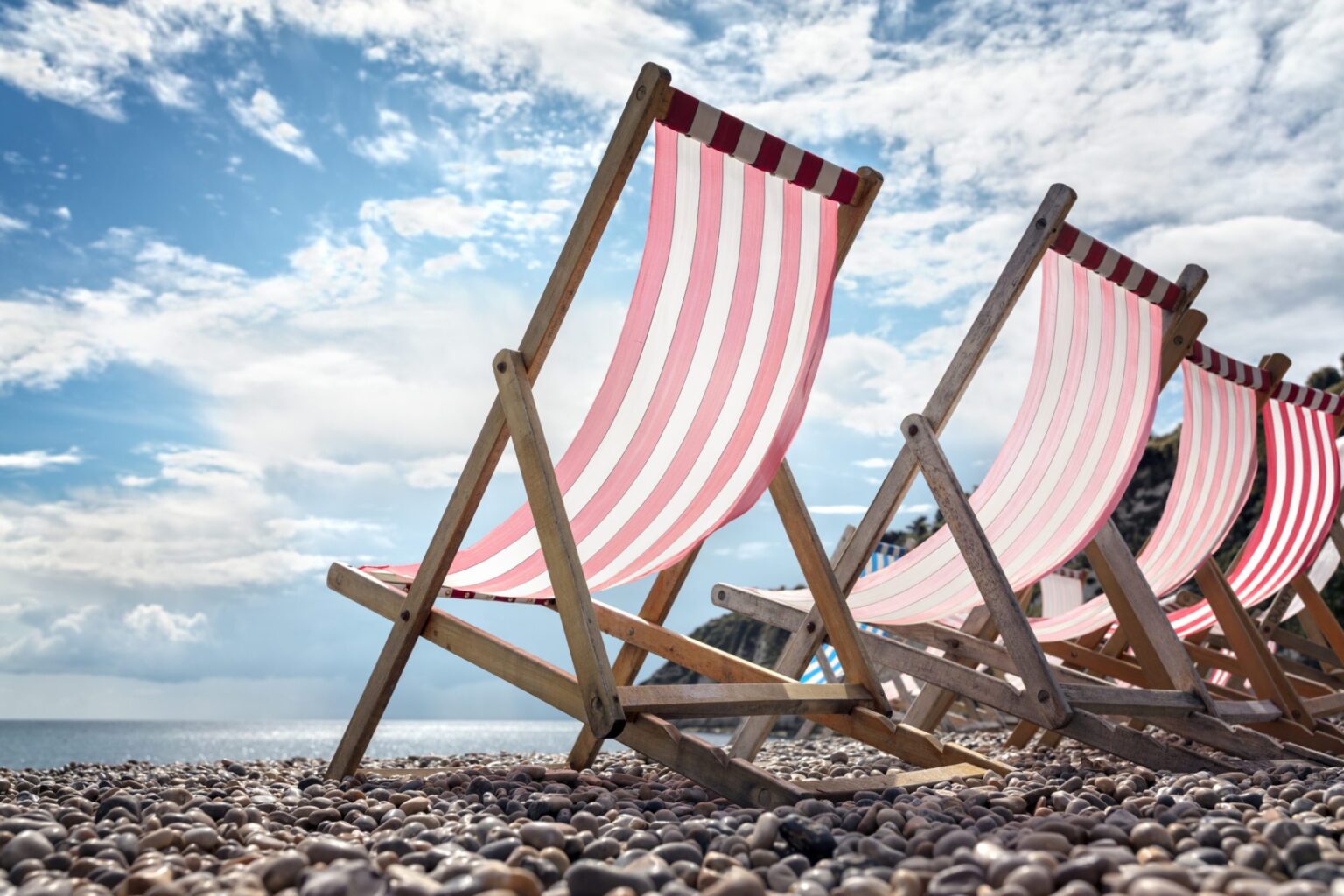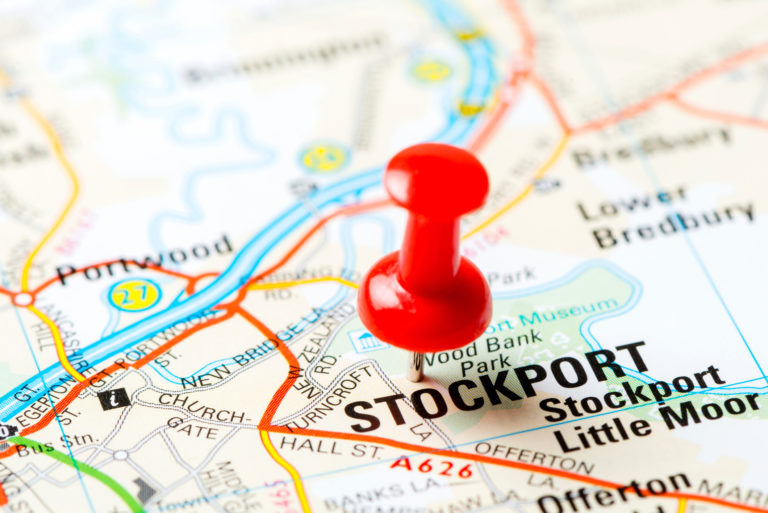While many Brits still dream of owning a ‘place in the sun’, rule changes since Brexit mean more people are choosing to buy second homes in the UK instead.
Second homes are purchased for a variety of reasons, from having a bolthole for holidays to earning an extra income through being let out, or even as a place to stay for work purposes. And it seems a growing number of people are now choosing to invest in a second home in the UK rather than abroad.
In the past, the likes of France, Spain and Portugal have been favourites among those seeking second homes abroad. These locations all offer the benefit of being a relatively short flight away, with often cheaper property prices and offering good holiday rental prospects.
Since the UK left the EU, though, there has been a drop in the number of people from the UK owning second homes in Europe, while at the same time, owning an additional property within the UK has become a more popular option.
Second homes closer to home
The latest English Housing Survey data shows that around 520,000 households now own a second home in the UK, compared with just 279,000 back in 2008. This is based on second homes being mainly used by owners or let out as a holiday let, as opposed to a buy-to-let rental property.
There are also more people based in the south east and London who own second homes, compared to other parts of the country. This is followed by residents in the Midlands and the east of England.
Some of this could be put down to the rise of the ‘staycation’, which has become particularly evident since Covid due to the travel restrictions that were imposed. For many, holidaying in the UK has become the norm rather than international travel, and cost is also a factor.
This, alongside the increased environmental awareness that has led to many choosing to travel less and stay closer to home, has heightened demand for holiday lets in the UK
Difficulties since Brexit
Because the increase in UK-based second homeownership has coincided with a dip in investment abroad, it seems that Brexit has also had a major impact on this trend. Now, British citizens without a visa cannot spend more than 90 days in an EU country in any 180-day period, dampening the appeal of second homes in Europe.
The English Housing Survey found that the proportion of Brits owning second homes in Europe has fallen, with only around 30% of British-owned holiday homes being found in EU countries. This compares to around 40% 10 years ago. Instead, 60% of all second homes are located in the UK.
The data also revealed that around 60,000 people now own holiday properties in France, down from 89,000 in 2008.
Speaking to The Times, Annette de Vries, an estate agent in Monpazier, in the Dordogne, said that Brexit had certainly played a part in deterring Brits from buying in France.
“Less British people are looking for houses than before,” she said. “The main reason is Brexit. It’s so much more difficult for British people to buy something here. They need health insurance and that’s very difficult for them.”
Another agent, Sylvie Mayer, based in Huelgoat, Brittany, said to The Times: “Many Britons have left the area. Since last summer, a lot of them have sold their second homes because the paperwork got too complicated for them to spend time here.”
In the UK, second homes and holiday homes can be a somewhat contentious issue among locals, who feel that they negatively impact some areas by inflating house prices for locals reduce the amount of housing available for those who need it. Popular holiday destinations in particular tend to be affected by this.
If you wonder how to turn your foreign property dream into reality, check out our other blog, where we share some advice on how to achieve that despite all the boundaries we’ve just covered.










